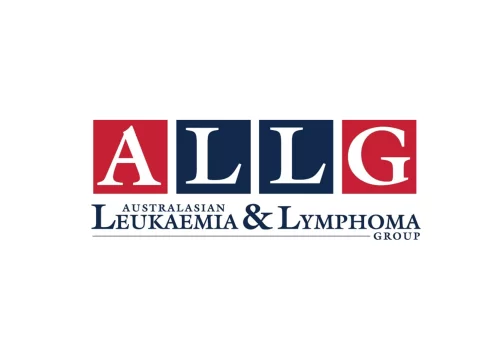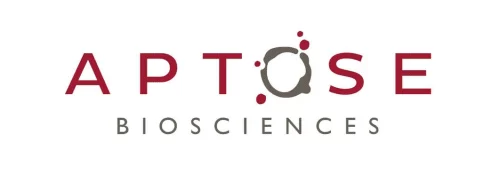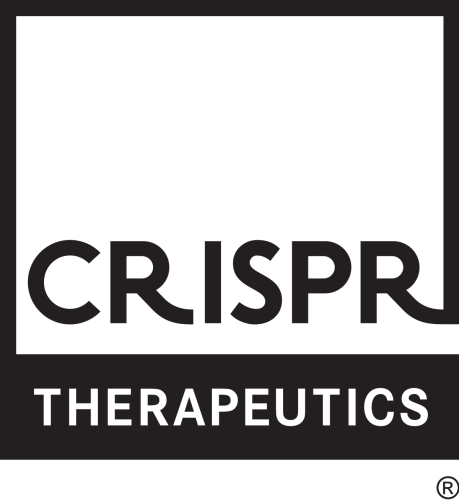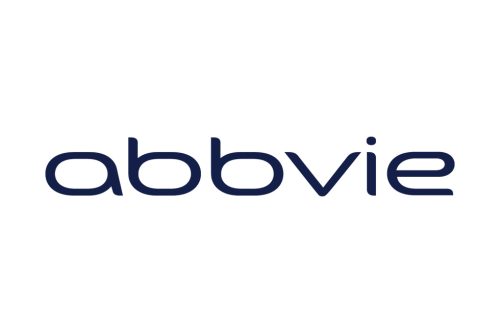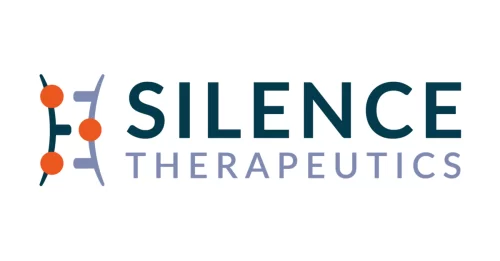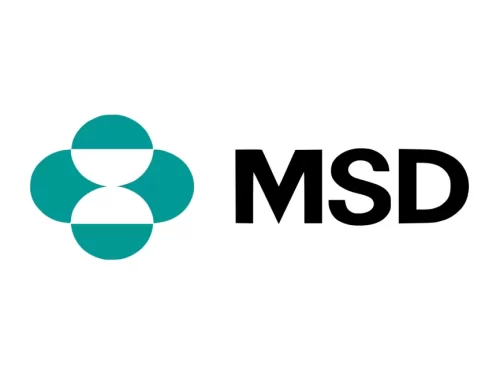Clinical trials are the most important tool we have for improving the survival of patients with cancer. You should discuss with your doctor whether a clinical trial is available and appropriate for you.
- You may access new treatments, often years before they become available otherwise.
- You will make a valuable contribution to cancer research that benefits all patients.
- You will be monitored closely for side effects.
- Trials require more of your time and more paperwork than normal care. This might include visits to the hospital, phone calls, more blood tests, scans or biopsies.
- The treatment may not work.
- The treatment may cause side effects. These will vary according to the treatment being tested.
Trials have rules concerning who can take part. These are called eligibility criteria, and they vary from study to study. Examples include type and stage of blood cancer, your age, whether you have other medical problems and what previous treatment you have had.
We encourage our patients to consider clinical trials from the time of initial diagnosis. Talk to your doctor to find out if any clinical trials are available to you.
You may leave a clinical trial at any time, for any reason.
Informed consent is the process of learning about the trial before deciding to take part. The research team will explain the purpose, how long it will take, what will happen, potential risks and benefits.
If you want to participate, you will sign a form that details all of the information that has been discussed with the research team. You will keep a copy of the form. Even though you have signed the form, you have the right to leave the study at any time.
We offer access to clinical trials at our partner organisations, all based in Nedlands in Perth, Western Australia. These include the Cancer Centre at Sir Charles Gairdner Hospital, Linear Clinical Research and Hollywood Private Hospital.





